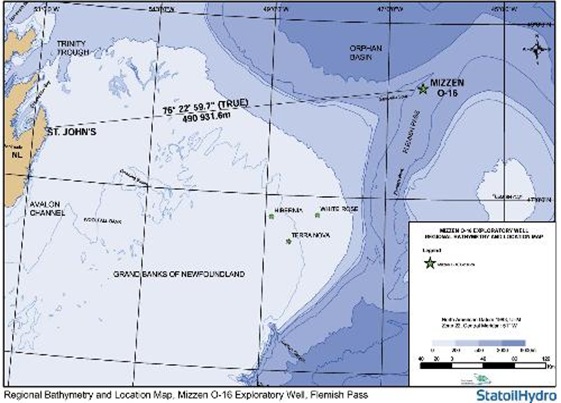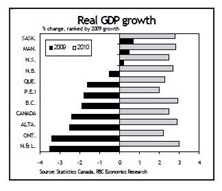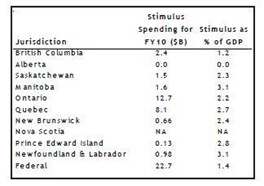That’s the thing about being a political saviour.
People expect you to save them.
There’s no good complaining, as Danny Williams did last week with the host of a local talk radio show.
Not only do you manage to overshadow your own good-news announcement less than an hour after you made it, people don’t really care any more about the umpteenth round of good news.
In central Newfoundland, people are not happy since the major private-sector employer left Grand Falls-Windsor and the provincial government stepped in to scoop up the most lucrative asset, the hydro-electric generators owned by three companies.
The provincial government resisted calls for financial assistance before finally coughing up $35 million for some. Others have gone looking for a bit of provincial help and have been told - as some of them might see it - to sod off. The local chamber of commerce and the town aren’t happy either since, as the chamber put it, the whole thing looks like the region has lost while the province – read provincial government - has gained.
And if all that wasn’t bad enough, CBC’s Here and Now is reporting that people the Premier’s own district are worrying that their mill – the last paper-making operation in the province – might also be in jeopardy.
Then there are the 10,000 or so in the fishery reeling under the downturn in markets for their products. Ask talk show host Randy Simms about them.
Then there’s health care. On another radio call-in show last week, this time on CBC, Danny Williams made it plain he hasn’t been thrilled with the string of strings about problems in health care.
Compared to previous administrations of any political stripe, Danny Williams and his administration have had a relatively easy time of things. The usual local political demands have either never materialised or were met with the cash. No one got a “no” unless there was a good reason.
Those days appear to be over. The global recession is producing economic problems and political demands, that seem fairly typical for anyone watching local politics for more than the past few minutes, are surfacing with unsettling regularity.
As much as it is pretty simple to criticize Danny Williams’ for his public tirade last week, that litany of problems recited above is probably the view from his office. As much as he claims to be an optimist, and as much as Williams talks about the bright future, the view from his office window must seem pretty bleak. before the current stuff there was breast cancer and before that there was the House of Assembly scandal. Neither of those is over and, given some media, it seems like it might never go away.
Inside the office, things must surely be stressful. Government is a tough place to work at the best of times. There are all manner of problems and issues that crop up. Cabinet government is designed to manage that by distributing the power to make decisions among different people. Pull everything together into the Premier’s Office and it can seem to the few people on the end where the spray comes out like the three inch fire hose of demands is always running on high and that someone has secretly replaced the line with a six inch gusher.
On top of that, consider that the provincial Tory administration can no longer blame everything on the crowd that went before. They are now in control and everything is theirs to manage. That’s a normal transition for every government to make: after a certain period, every government hits the point where they have effectively taken ownership of government and they see themselves as indistinguishable from it.
The current administration has been able to work through the past few years thanks to oil money and the lack of any coherent political demands from the province as a whole. They wandered through the first six months and whatever they set in place back them has largely become the pattern. They gained control of the political agenda by inertia and default.
Countless items got left behind in the meantime, a sure sign of a government that took office without the plan of action it claimed to have. major projects get tackled one at a time, in serial fashion. Even if this administration isn’t run entirely from one office on the eighth floor of the East Block, it gets pretty hard for cabinet to form a cohesive team if half the people aren’t working every day in the same place (or even the same town) and get together only every week or so for a few hours of cabinet. That doesn’t get any better when there are large numbers of people within the administration shifting jobs or being appointed only on an acting basis.
If you stop and think about it for a second, if you put yourself in Danny Williams’ place, it’s not hard to see why he blew up at Randy Simms or even he’s been known to get a bit testy on a fairly regular basis. He’s in a hard spot.
In 2007, voters gave Danny Williams what he asked for. They voted for him because they’d learned the way to get anything done was with a Blue member in the legislature.
They performed the rituals of the local political doctrine and now they are looking to get into the Kingdom.
And here’s the thing: if people think Danny Williams was testy, wait until they see a pack of voters who feels condemned to perdition.
-srbp-






